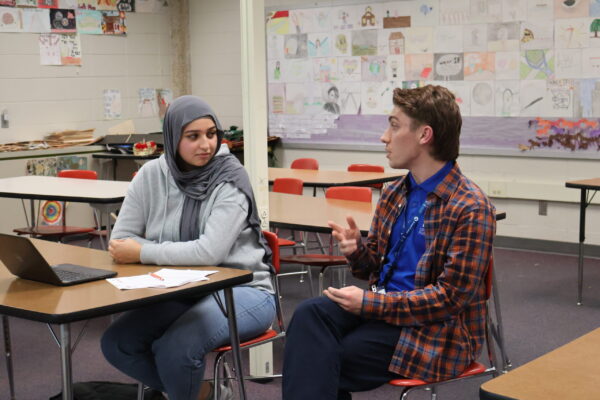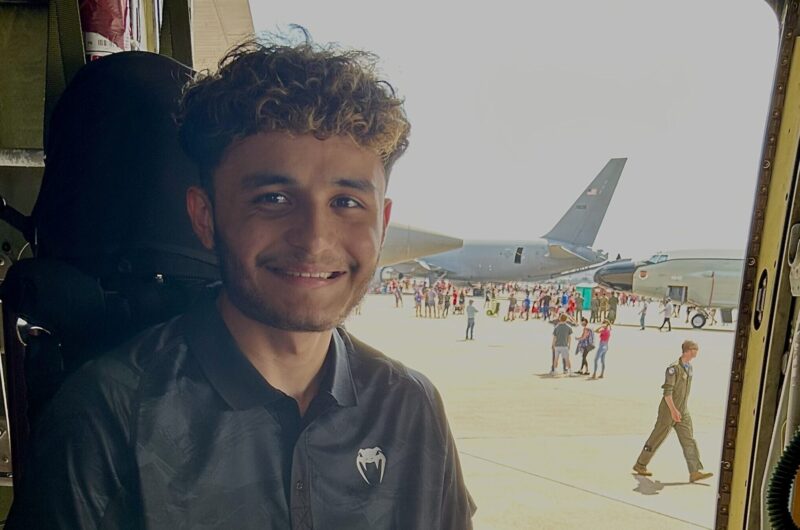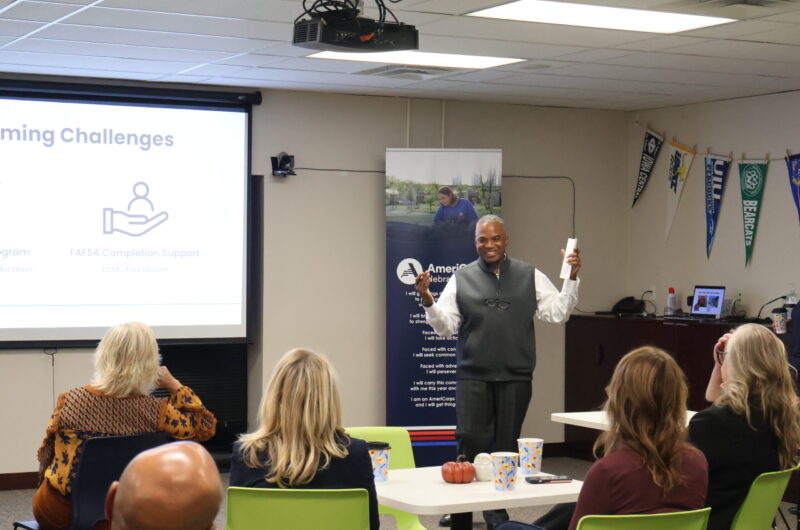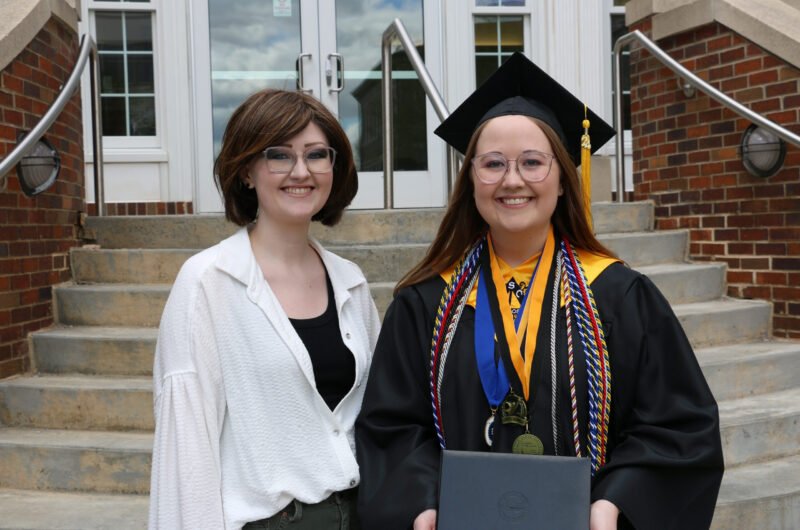When the “Better FAFSA” launched in late December 2023, many had high hopes for a simplified process in receiving federal student aid. However, in the months following the launch of the new FAFSA form, many students have been left with a feeling of uncertainty, not knowing what their financial aid packages may entail.
In preparation for the launch of the “Better FAFSA,” College Possible coaches assisted students with creating their FSA IDs, identifying application contributors, and walking through the prototype. Despite the students’ preparation and practice, many have faced challenges in completing and submitting the new FAFSA form, which had been riddled with glitches and errors. College Possible serves students from low-income backgrounds, who have been disproportionately impacted by the issues of the new form. Without knowing what to expect in their financial aid packages, many College Possible students have been hesitant to commit to a university or college, while other peers who do not face the same challenges are able to make these decisions without worrying about their financial aid packages. College Possible coaches provided resources and training to prepare students for the FAFSA, but never imagined the troubles that would come along with the recently released version.
May 1 is typically celebrated amongst high school seniors, as it marks College Decision Day and serves as a crucial deadline for finalizing enrollment and commitment to attending a college or university in the upcoming fall semester. However, for students from low-income backgrounds, College Decision Day felt like a day of uncertainty, not knowing where they may be going due to undelivered financial aid packages. To accommodate FAFSA delays, many colleges and universities across the country pushed their enrollment deposit deadlines to June 1, in hopes that students would be able to make a financially-sound decision by then.
The state of FAFSA completion in Nebraska
According to the National College Attainment Network (NCAN), Nebraska is experiencing a 13.4 percent decline in FAFSA completion, with only 42.1 percent of seniors having completed the FAFSA as of June 28, 2024. Just over 35 percent of high school seniors from low-income backgrounds have completed the FAFSA, compared to 47.5 percent of students from higher-income backgrounds having completed the FAFSA. Those from low-income backgrounds face more challenges when completing the application than those who come from higher-income backgrounds, due to typically having less or limited access to resources and support.
As of June 18, 74.3 percent of College Possible high school seniors have successfully submitted the FAFSA, and 45.5 percent have received their award letters. Students in College Possible programming receive assistance from coaches at every step of the FAFSA process, whether that’s creating an FSA ID or reviewing award letters. This level of support is particularly significant, especially when compared to state averages for FAFSA submission and completion rates.
While the FAFSA issues may seem most critical for high school seniors transitioning into college, current college students are also experiencing significant challenges. Shania, a student at the University of Nebraska Lincoln, had significant struggles filling out the FAFSA this year. “It feels like the application only got harder for students with immigrant parents this year,” she shares. Because she couldn’t manually input her parents’ tax information, Shania experienced delays in processing. Like many other students that come from immigrant families, Shania and her family also experienced challenges when it came to using social security numbers.
How College Possible Omaha is addressing the FAFSA fiasco
Access and success coaches at College Possible Omaha continue to work diligently with students experiencing challenges with the FAFSA. Although school is no longer in session, College Possible coaches have continued to meet with students to assist them with filling out the FAFSA. Whether they are meeting virtually or supporting in-person at the College Possible office, our coaches are putting in all their effort to help students receive the financial aid they deserve.
Throughout July and August, College Possible Omaha is offering free FAFSA assistance to all students and families in the Omaha metro area. Trained FAFSA specialists will be able to help students submit, correct, or troubleshoot their FAFSA applications at no cost to students or families. Assistance will be available virtually and in-person for various sessions.
As we navigate the aftermath of the “Better FAFSA” rollout, uncertainties persist regarding the simplification of the application process. Amidst these challenges, the focus remains on ensuring equitable access to higher education opportunities and supporting students in making informed decisions about their futures.



